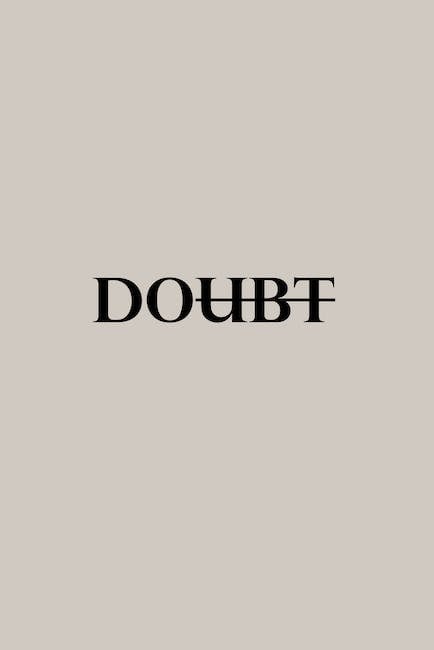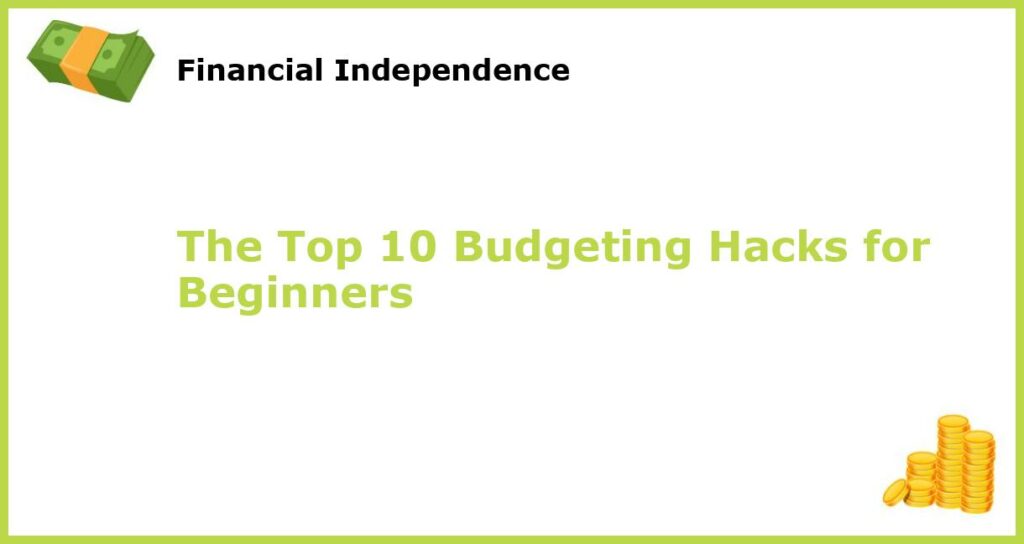Money can be a stressful topic for many, and budgeting can be a daunting task. But fear not, for there are simple and effective ways to manage your finances without breaking the bank. Whether you’re a seasoned saver or a beginner on a tight budget, these top 10 budgeting hacks will help you keep track of your spending and reach your financial goals.
1. Keep a spending diary

One of the greatest tools to use when starting to budget is to keep a spending diary. Write down everything you spend, no matter how small the amount. This will help you see where your money is going and give you a better idea of where to make cuts. It’s important to be honest with yourself and not leave anything out. This way, you can accurately assess your spending habits and create a more realistic budget. Keeping a spending diary can also help you stay motivated and accountable, as you can see your progress over time.
2. Use cash

Using cash instead of cards can help you stick to your budget. Withdraw a set amount each week and use that to pay for everything. You’ll be less likely to overspend if you physically see your money dwindling. This is because when you use a credit card, it’s easy to lose track of how much you’ve spent. With cash, you have a tangible representation of your money and are more mindful of what you’re spending. Additionally, using cash means you won’t incur any unnecessary credit card fees or interest charges.
3. Meal prep

One of the biggest expenses people have is food. Meal prepping can help you save money on groceries and prevent you from eating out. Set aside one day a week to cook and prepare meals for the week ahead. This not only saves you money but also saves you time, as you won’t have to worry about what to eat each day. Meal prepping also allows you to take control of your diet and make healthier choices, as you can plan your meals according to your nutritional needs. Finally, meal prepping can also help reduce food waste, as you’ll only buy what you need and won’t let perishable items go bad.
4. Cancel subscriptions

Take a look at your bank statements and see what subscriptions you’re paying for each month. Cut out the ones you don’t use or want. It may not seem like a lot of money, but over time it can add up. You may have multiple subscriptions to various services that you no longer need or use, such as a gym membership or a video streaming platform. By canceling these subscriptions, you can free up cash to put toward your financial goals. Once you’ve canceled unnecessary subscriptions, make sure to check your statements regularly to ensure you don’t inadvertently sign up for new ones.
5. Shop around for deals

When purchasing items, shop around for the best deal. Check websites like Amazon and eBay or use a comparison website to make sure you’re getting the best price. You can also look for deals and sales at your local stores. Many retailers offer discounts for new customers or loyalty programs for frequent shoppers. Another way to save money is to buy items in bulk or wait until there’s a discount code or coupon available. By taking advantage of these deals, you’ll be able to stretch your budget further and get more value for your money.
6. Set a savings goal

Create a savings goal for yourself and stick to it. It can be for anything—maybe you want to save for a vacation or a new car. Make a plan and set aside money each month to work toward that goal. This can help you stay motivated and give you a sense of purpose when it comes to budgeting. Setting a specific goal can also help you make better decisions about what you do with your money. Whenever you’re tempted to spend on something frivolous, remind yourself of your goal and whether it’s worth sacrificing your long-term financial security for that short-term pleasure.
7. Cut back on non-essentials

Take a look at your spending diary and see where you’re spending money on non-essential items. Cut back on dining out, buying clothes, or anything else that isn’t necessary. This can be challenging at first, especially if you’re used to indulging in certain luxuries, but it’s important to take a step back and evaluate what’s truly important to you. Make a list of your priorities and allocate your money accordingly. You may find that by cutting out non-essential items, you actually have more money for the things that matter to you.
8. Avoid impulse purchases

When shopping, avoid impulse purchases that you don’t need. Try to only purchase things you planned to buy beforehand. This will help you stick to your budget and save money in the long run. Impulse purchases are often made on a whim, without proper research or consideration of their value. By planning ahead and only buying what you need, you can avoid buyer’s remorse and regretful spending. Of course, this doesn’t mean you can’t treat yourself every once in a while, but make sure it’s within your budget and won’t compromise your financial goals.
9. Utilize apps

There are many apps available that can help you budget and save money. Use a personal finance app like Mint or YNAB (You Need A Budget) to track your spending and set financial goals. These apps can connect to your bank account and categorize your transactions for you, making it easier to keep track of your money. Some apps even offer personalized recommendations based on your spending habits, giving you insights and advice on how to optimize your budget. By using these budgeting apps, you can stay organized and stay on top of your finances.
10. Don’t be too hard on yourself

Remember, budgeting is a process and it’s okay to slip up from time to time. Don’t be too hard on yourself if you overspend one month. Just reevaluate your budget and try again next time. It’s important to maintain a positive attitude and not let setbacks demotivate you. Budgeting can be challenging, but it’s also incredibly rewarding. By taking control of your finances and establishing good money habits, you can set yourself up for long-term success and financial stability.







